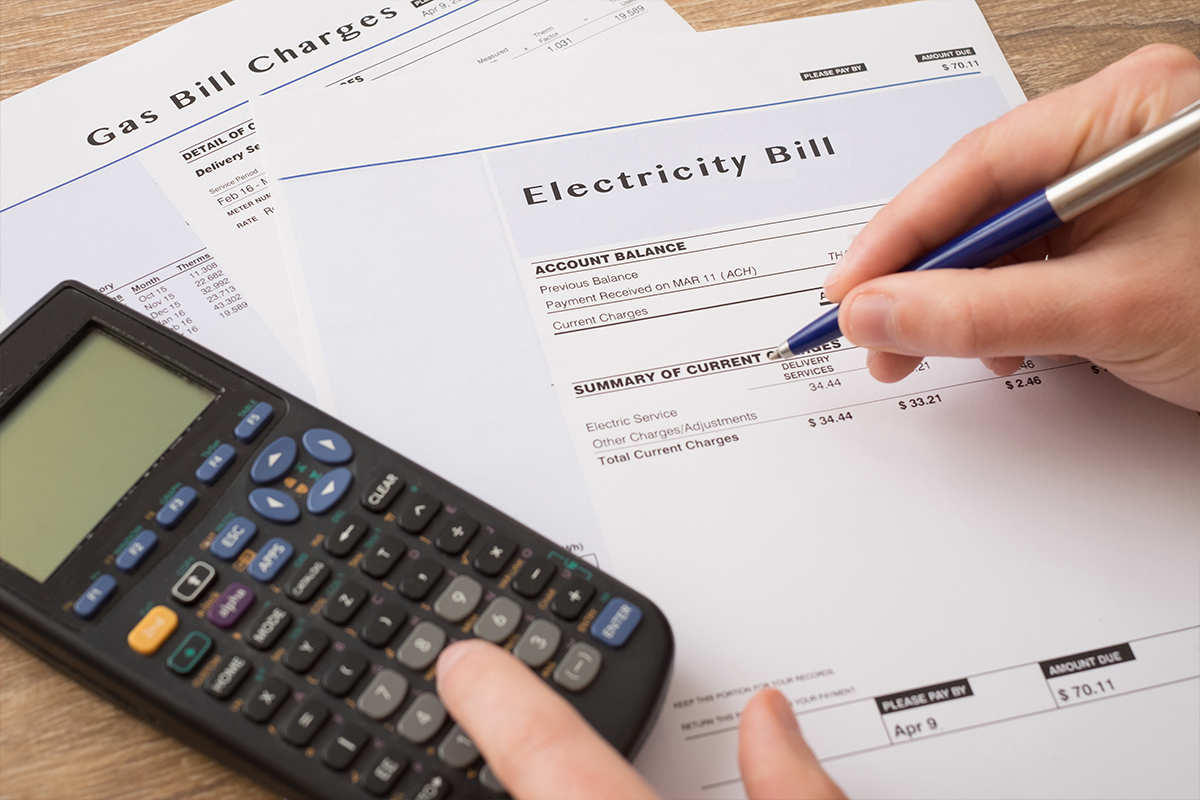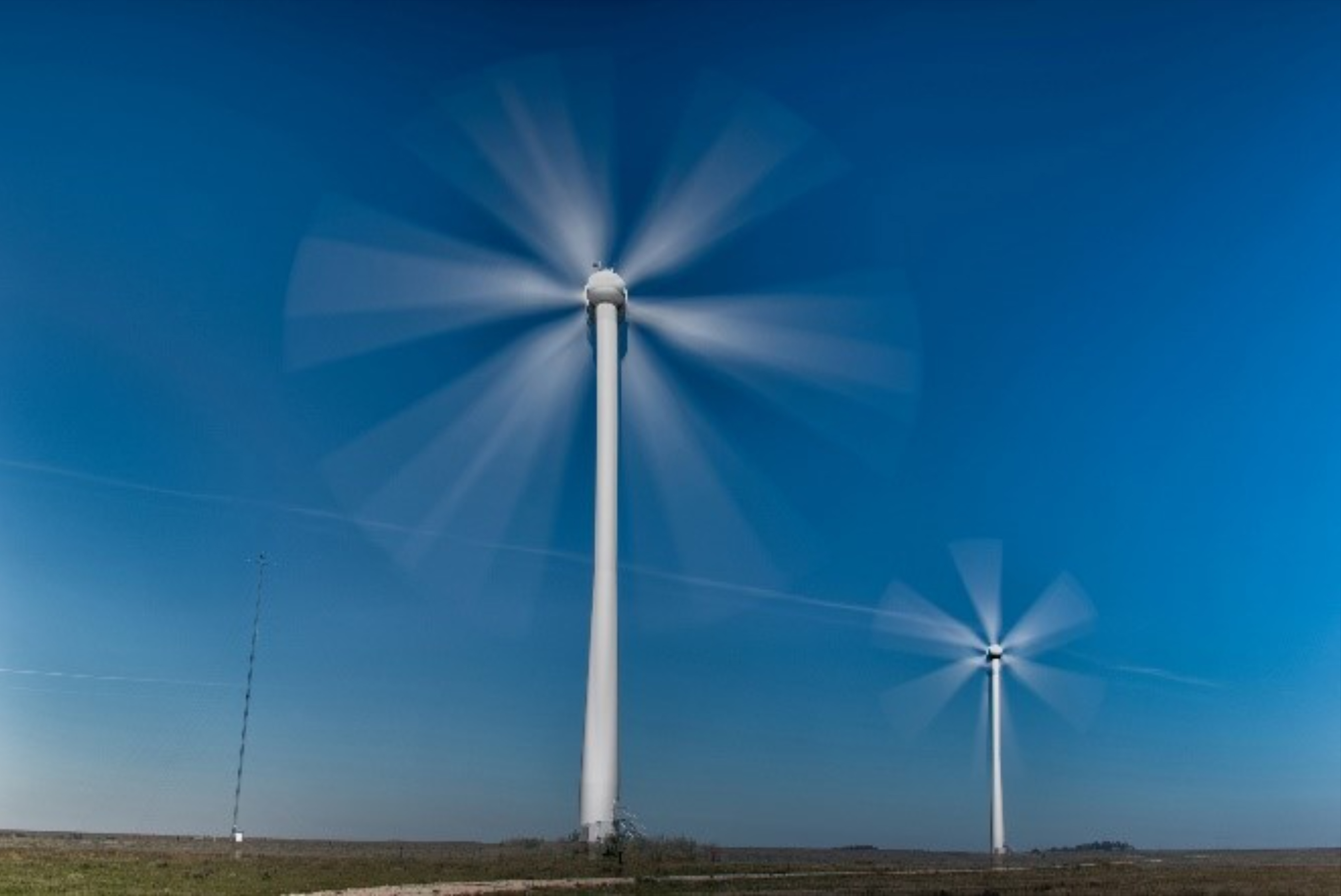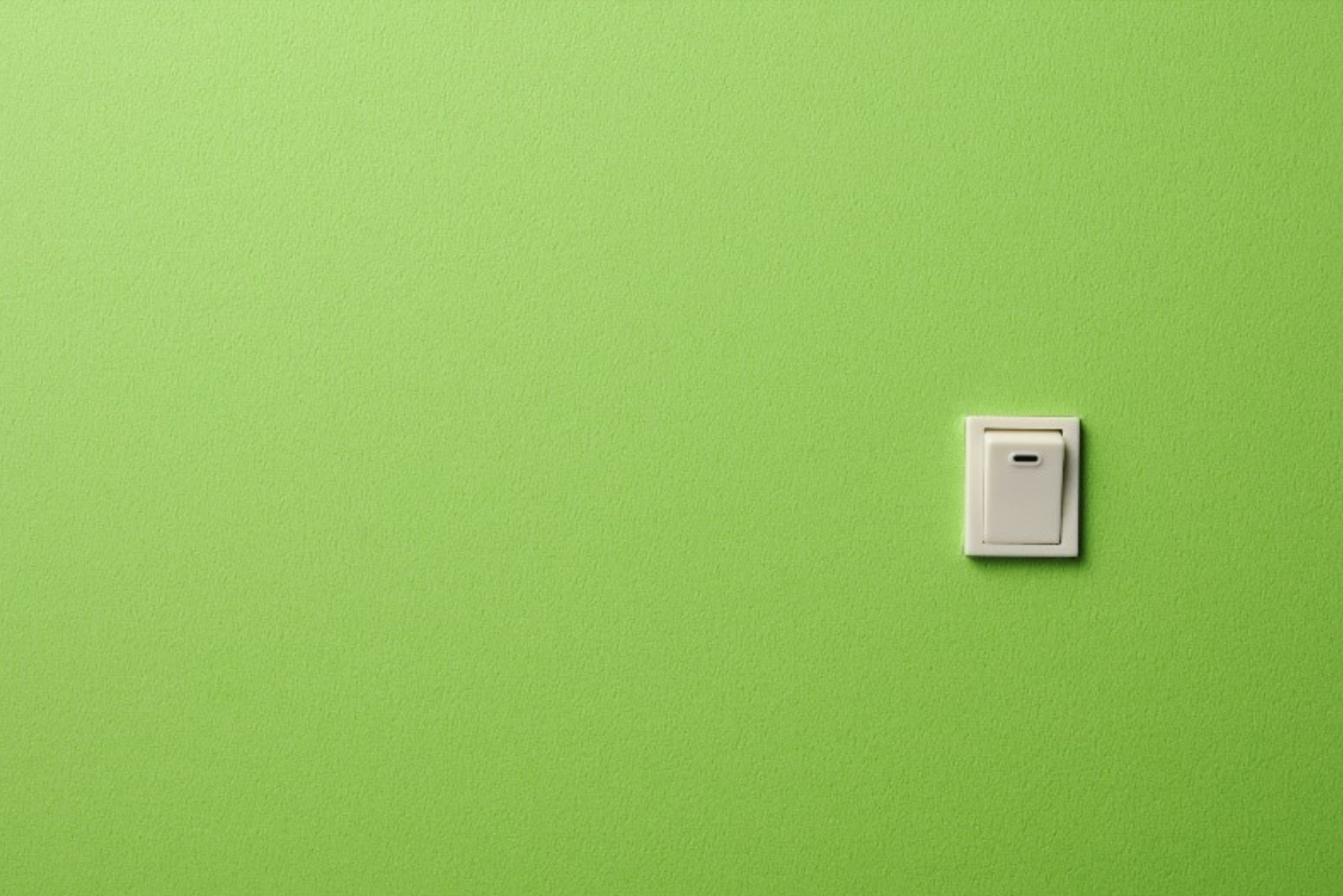We helped low-income households reduce energy stress, while adapting their homes for a changing climate
As we accelerate the shift to a low-carbon economy, there are opportunities to reduce households’ energy stress and ensure homes are energy efficient and safe for a changing climate. We must ensure households most at risk of poverty and disadvantage can seize these opportunities.
nullEnergy stress

Energy stress is expected to increase, with wholesale energy prices reaching a record high in 2022, which will impact all customers in the coming year, particularly those experiencing energy stress.
Our Power Pain report on energy stress highlighted the need for a review of existing policies and measures to reduce energy prices to ensure policy effort is aligned and coordinated. Collaboration between the Commonwealth and states is an important way to extend and scale state and local initiatives. Low-income households, people with a disability, and people facing disadvantage will benefit from greater collaboration in the delivery of more, well-targeted support for energy efficiency and rooftop solar. A coordinated plan to assist residential households across Australia to move away from gas is also essential. Critically, government has a role to play in ensuring renters, both public and private, live in decent, energy-efficient homes.
Our advocacy throughout the year included:
- Input to the Victorian Government’s Gas Substitution Roadmap , which highlighted some of the barriers and enablers for low-income households to shift away from gas and to all-electric homes.
- Consumer input into the Victorian gas access arrangements, to push for fair investment in the gas networks and put downward pressure on energy prices, as we shift away from residential gas and towards 100% electric homes (funded by Energy Consumers Australia ).
- Highlighting the impact of climate change on the communities we work with and the need for climate change mitigation targets in line with 1.5 degrees of warming.
- Promoting job opportunities, including for those facing disadvantage, from accelerating the shift to a low-carbon economy including through offshore wind , energy efficiency , electrification, and renewable energy.
- Highlighting the need to create pathways into quality low-carbon employment, including skills and training with a focus on the needs and opportunities for those who have low incomes or are otherwise facing disadvantage.
Home energy efficiency
BSL alongside our sector colleagues have advocated for minimum energy efficiency standards for rental properties for over six years. At last, the change has begun. Over the past year, tens of thousands of Victorian renters in some of the coldest rental properties in Victoria have benefited from the introduction of the first phase of energy efficiency standards for rental properties. The ACT has also announced it will introduce standards for insulation in rented homes, which will keep homes warmer in winter and safer in heat. This is a watershed moment for Australia and opens the door to strengthening and expanding the standard in Victoria and introducing standards in other states and territories. Minimum standards are a key policy to lower costs and emissions for renters (who are often low-income) and we will continue to advocate for their strengthening over the coming years.
Alongside the new standards, thousands of low-income households have started to benefit from the implementation of Victoria’s Home Heating and Cooling Upgrades program, for which BSL used lessons from our Climate Safe Homes project to contribute to the design. The program aims to reach 250,000 low-income households.
In the past year, we also made the following policy submissions:

- Submission regarding Victoria’s 2035 emissions reduction target
- Submission regarding Australian Energy Regulator draft consumer vulnerability strategy consultation paper
- Submission to Inquiry into Renewable Energy in Victoria
- Victorian community organisations’ submission to the Australian Energy Regulator (AER) ‘Regulating Gas Pipelines Under Uncertainty’ Information Paper
- Joint submission to the Australian Energy Regulator (AER) from Victorian community organisations
- Submission regarding ‘minimum energy efficiency standards for rental homes in the ACT’ consultation paper
- Submission regarding Offshore Electricity Infrastructure Bills
- Submission regarding Victorian Gas Substitution Roadmap
Innovative pilot projects
Our programs find ways to help low-income households and those facing energy stress to lower their energy bills, adapt to climate change and reduce emissions by improving home energy efficiency, installing rooftop solar, and moving away from gas towards efficient all-electric homes. Ensuring those facing barriers to the transition, including low-income households, people with a disability, renters and many others, can benefit from this shift is essential.
BSL’s pilot programs work in partnership with government to assist low-income households to lower energy stress, and pilot innovative ways of addressing climate change. These pilots include the Power Saving Bonus Outreach , Climate Safe Homes and Clean Energy for Renters. These pilots illustrate the value of interventions and how they can be successfully implemented to benefit low-income households and those facing disadvantage. Some of the pilots have been picked up by government – directly or indirectly – in large-scale programs. The lessons from the pilots have been critical in informing our advocacy to government for systemic changes to reduce energy stress.
For the Power Saving Bonus Outreach, BSL is leading a consortium to assist low-income and vulnerable Victorian households to access a $250 Victorian Government bonus (with a focus on those with limited or no internet access), provide energy affordability advice, collect data and conduct an evaluation of the program. This is part of our effort to develop an integrated model of support for people facing energy stress. We have assisted close to 4,000 people to access nearly $1 million in financial support. We use insights from our engagement to inform our efforts to achieve systemic change.
We’re also working on models to scale home energy upgrades (rooftop solar and efficient heating and cooling) with a focus on both people with chronic health issues or disability and renters.
Natalie finds the energy she needs

Natalie was living in an old and energy-inefficient rental property for three years. She received a $2,000 gas bill for only three months at one stage as there were holes in the heater vents and the house wasn’t sealed properly.
BSL helped Natalie in accessing a grant to help pay for the bills. Our staff also inspected the house and found the heating was inefficient due to the gaps in the vents. They found it was cheaper to purchase electric heaters to heat the bedrooms.
When the owners wanted to sell, Natalie received a notice to vacate. After leaving the property the owner asked her to pay $3,500 for damage due to water leaking in the bathroom. She had notified the agent of this problem, but nothing was done about it, and the landlord tried to blame her for the damages.
Despite looking for other properties, the lack of affordable renting properties meant that Natalie had to go and live with her mother-in-law for a period.
In 2022 she moved into a rental property with her two and half-year-old daughter and immediately noticed a difference. After only a month in the property, she commented: ‘When I lean on the walls they don’t crack. It’s insulated – block out blinds – keeps the heat in – I now realise how bad the other house was.’ Natalie received her first electricity bill of $90 for the month.
After being out of work for three years, Natalie has just started working again as a casual in retail. Her chronic pain is now under control as her lower energy bills allow her to pay for the necessary medical treatment. Previously she had been forced to rely on Foodbank for basic food supplied, and at one stage Vinnies had paid for one of her energy bills.
While the new property is $60 extra in rent, the quality of the home and the savings on energy bills are more than worth it to Natalie and her family. She says she now feels like a new person, living in a house that is in much better condition and energy efficient.
Listen to an interview with Natalie and BSL’s Damian Sullivan on ABC Radio National's Life Matters
Learn more about our energy assistance programs: https://www.bsl.org.au/services/energy-assistance/